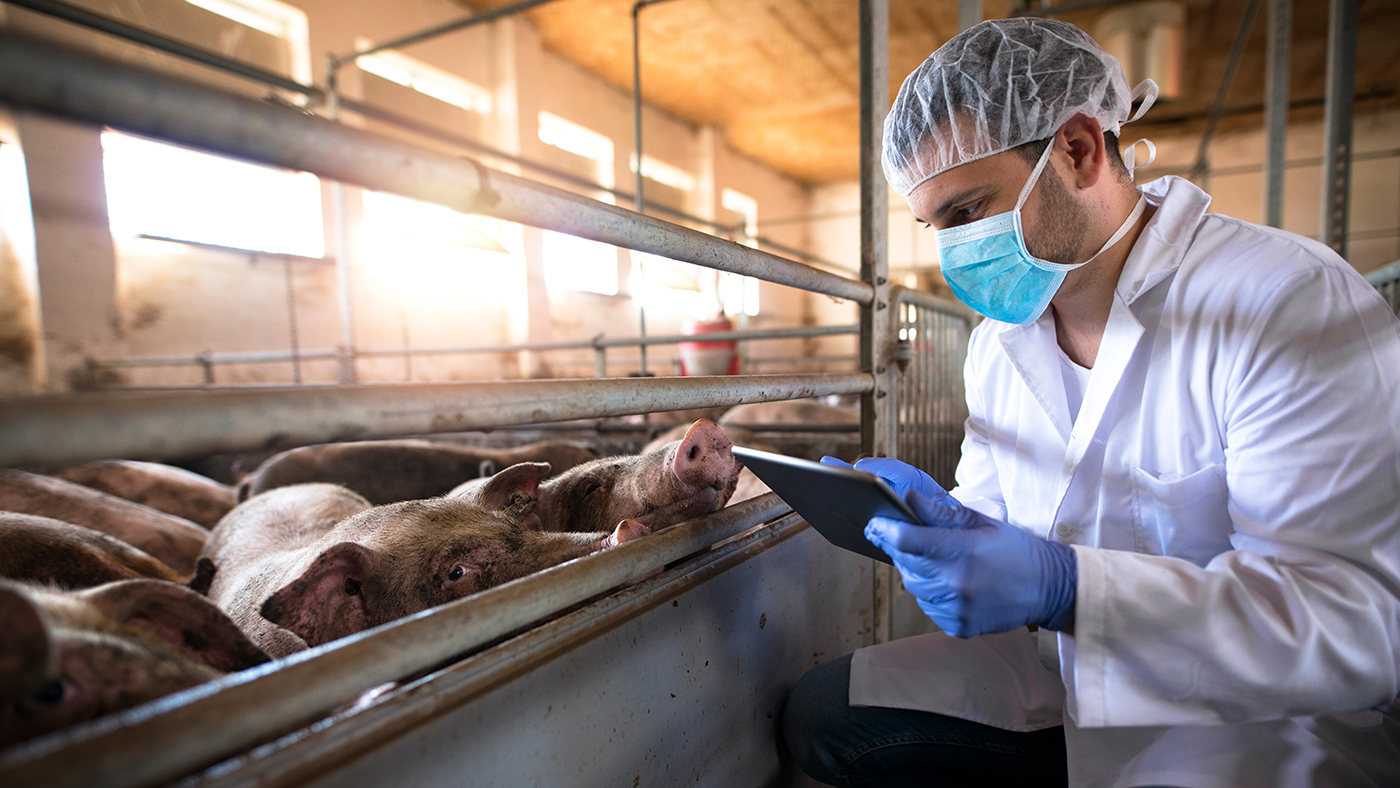A foreign hog disease could cost the industry huge production losses if it makes it to the U.S. Japanese Encephalitis virus is a transboundary disease for hogs and it’s on the move through mosquitos.
That’s why the Swine Health Information Center (SHIC) and the Foundation for Food & Agriculture Research are partnering together, looking for proposals. Dr. Megan Niederwerder with SHIC says they have a million dollars.
“To create a research program that’s really focused on how do we prevent and prepare for Japanese Encephalitis virus for the U.S. swine industry.”
The U.S. is currently negative for the virus, but it’s moving into new areas of the world, including Australia in 2022. Its hog population had also never seen the virus which spread widely among hog locations. The cost was huge.
“They had a six to ten percent production loss on sow farms. So, this virus causes disease such as abortion, delayed farrowing, mummified fetuses, and neonatal pigs that are born very weak or with shaker syndrome.”
Niederwerder says that type of loss is comparable to the first year the U.S. had Porcine Epidemic Diarrhea Virus.
“Certainly, a production impact we want to avoid at all cost, to make sure we don’t have this virus enter and cause those production losses to hog farmers.”
There are different ways the Japanese Encephalitis Virus could make it over to the U.S. an adult mosquito could sneak in through ships or airplanes. Niederwerder wants more research done.
“Trying to look at prevention of entry of infected mosquitos and also, of course, looking at how do we proactively put in mosquito control strategies on swine farms now to help reduce that risk.”
The public-private partnership has a million dollars, thanks to matching funds between the Pork Checkoff-funded SHIC and farm bill-supported FFAR. Niederwerder wants diverse research proposals from mosquito control strategies.
“Such as looking at ventilation and increasing air speed or fan speed in the hog barn. All the way to novel vaccine strategies and potential surveillance targets.”
Niederwerder says applications and information can be found on their website, swinehealth.org.
“We’re looking for a diverse range of research proposals in this program and look forward to receiving those, reviewing those for value to pork producers and how those can help the U.S. industry stay protected from this virus.”
SHIC is co-hosting an informational webinar on Thursday, February 22nd at 4:00 PM Eastern time. It will have more details on application criteria. Find out more at swinehealth.org.


